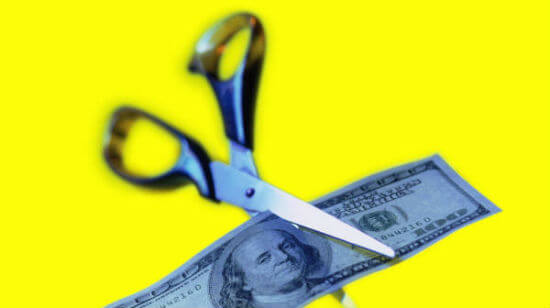The 2013 World Series of Poker has of course just been concluded and, just to focus on the interesting part for a moment, young star Ryan ‘the Beast’ Riess, runner up last year, carved his way through the field of more then 6,000 entrants, finally to win in the head to head against amateur and Vegas VIP host Jay Farber.
Big sums of money
Naturally the honor of winning a WSOP ring trumps all else — but what about the money? All of those who made it to the final table went home with healthier bank balances than they arrived, with the 9th place player claiming $733,224 for his troubles, though this pales next to runner up Farber’s $5,174,357 and Riess’s winning sum of $8,361,570. Not only that, but all of the top 648 participants (ie. approximately the top 10 per cent of all entrants) took home winnings in the tens of thousands, from Riess’s staggering sum down to $19,106 for the 648th finisher. Which is not to be sniffed at.
It comes as no surprise then that Poker is a full-time profession for many people, and a viable source of a substantial second income for many more. But is it really all it’s cracked up to be?
Consider the above statistics — something more than the Pareto principle applies (where 20 per cent of the population takes 80 per cent of the wealth). Here, the ratio is even bigger. But what about the winners — do the astronomical figures quoted for, let’s face it, flipping a few cards right and having a huge amount of luck on your side, tell the whole story?
Enter Taxman
The elephant in the room here is a familiar one which applies to all of us — tax. Most of have to pay it on our income, whether it’s just a few percent or much, much more. Our poker stars are not exempt from this fiscal rapier either. A glance at the final table shows players from 5 different countries, each with their own taxation systems at a national, and in some cases state, level. How much of a difference does that make?
Quite a lot, as it happens. For starters the status of gambling income as regards tax revenues is clearer is some jurisdictions than others. Take for example sixth placed man in the WSOP final, Marc-Etienne McLaughlin. Taking $1,601,724 back home with him to Canada made the trip to Vegas worthwhile, but perhaps not as lucrative at it might seem at first blush. As his first name might hint, McLaughlin is from Quebec, and Quebec has the highest marginal income tax rate (50%) in a country with higher taxes (as a whole) than its southern neighbor.
Even if McLaughlin gets to offset US taxes (since the money was won in the US) he could still in reality find his take home pay being about half of what he won. Did anybody fare any better?
Seventh placed man, Michael Brummelhuis from the Netherlands for one seemed to, since his country has a double taxation agreement with the US, so he won’t have to pay tax twice (ie. in the US and in the Netherlands), and the Dutch rate is reportedly 29% on gambling income. But what of the winner?
What did the winner have to cough up?
You might be forgiven for thinking that, like most 23 year old males, paying tax is not a burning issue for Riess, but then the vast majority of his peers aren’t suddenly going to have a lump sum of over $8m coming their way any time soon! Riess has confessed in the past that matters financial are not his strong suit, but perhaps they ought to be now — whilst the freewheelin’ state of Nevada has no income tax of its own, Riess lives in Michigan, which has a rate of 4.35%, plus any city taxes which may apply. Doesn’t seem so bad does it?
However - he’ll also be liable for Federal tax on his income, after which he’ll be looking at having to contribute over 40 per cent of his winnings to government coffers (second placed man Farber is in a similar predicament, except in slightly better shape as he is an amateur and so not liable for self-employment tax). But Riess still gets to keep over $4m dollars even if all this pans out as described here…
An evolving area
The above is informed surmising of course, and what players have to pay in tax will be subject to a wide range of variables including whether they are professional players or amateurs, where they live or at least where they’re registered as living, including their country’s tax relationship with the US if they’re outside of America, what they do if they are not full time players (one of the finalists was a full-time student) and of course whether they have a good tax advisor! The status of gambling income is clearer in some jurisdictions than others, and is an evolving area just as the gaming industry, both online and with the big televised tournaments like the WSOP, is also continuing to grow.
In conclusion then — does being a poker star payoff, once the taxman has wet his beak? It seems that yes, even after tax you’re still not going to starve, although it will be interesting to see how the taxation of gambling develops and what its ramifications will be.

